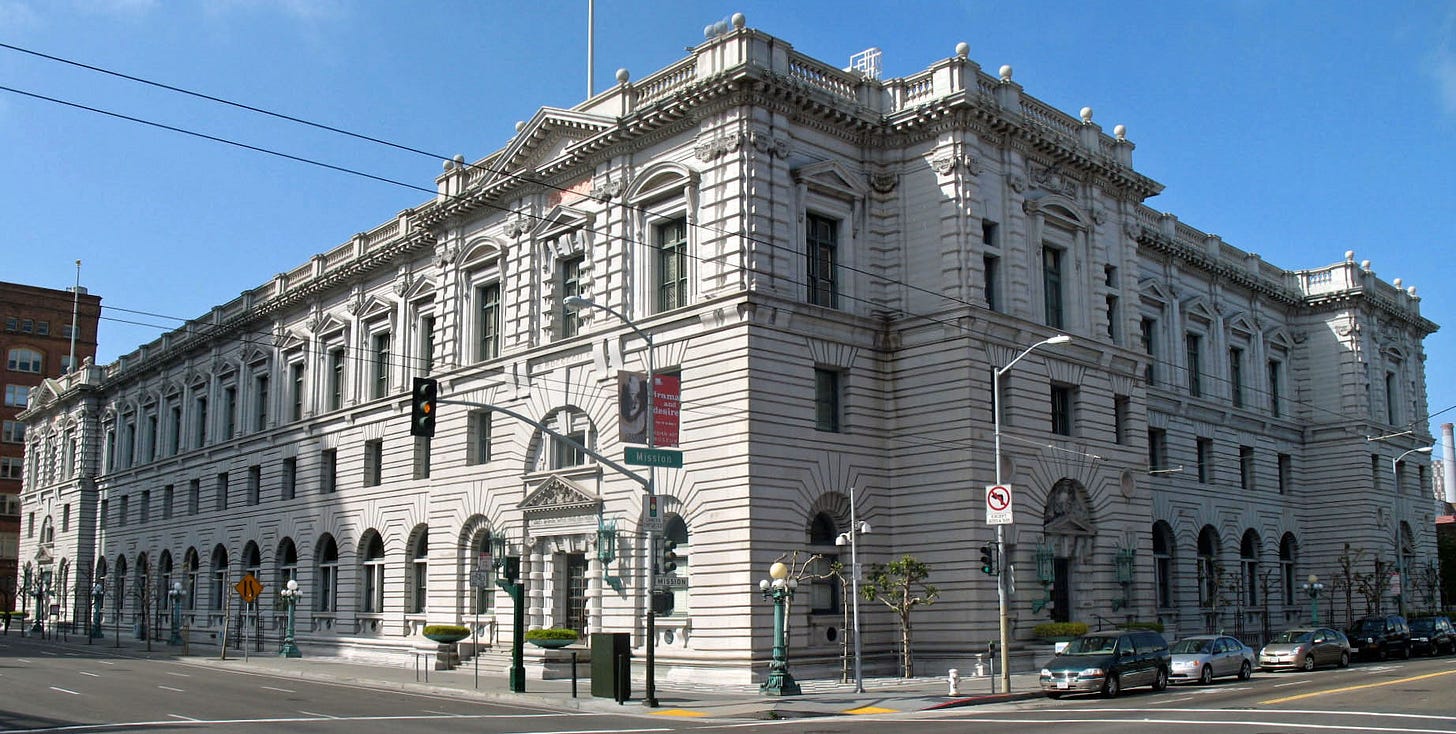When can religious organizations discriminate?
Why a case involving World Vision could clarify a murky area of law

Last week Christianity Today reported that World Vision, the international Christian aid group, is appealing a lower court decision that found it liable for employment discrimination. The case could clarify an area of law left murky following a handful of recent U.S. Supreme Court decisions involving employment discrimination and religious exercise.
In December 2023, a federal district court ruled that World Vision discriminated against a potential employee when it rescinded a job offer after learning she was married to a woman. The judge in that case relied on the Supreme Court’s 2020 decision Bostock v. Clayton County, which held that Title VII of the 1964 Civil Rights Act protects sexual orientation and gender identity for the purposes of hiring and employment, just as it does race, religion, sex, and other aspects of a person’s identity.
World Vision is betting that the U.S. Court of Appeals for the Ninth Circuit will see things differently in light of other Supreme Court decisions, particularly those that have strengthened protections for religious exercise in the last decade or so. These include:
Hosanna-Tabor v. EEOC (2012), in which a unanimous Supreme Court ruled that schools affiliated with churches can hire and fire teachers at will without running afoul of the Americans with Disabilities Act — this is due to the ministerial exception, which grants churches the same flexibility with hiring and firing pastors.
Our Lady of Guadalupe School v. Morrissey-Berru (2020), in which a 7-2 Supreme Court extended the ministerial exception to any teachers and employees religious schools deem to have ministerial functions, regardless of whether they teach overtly religious subjects.
In the majority opinion in Bostock, Justice Gorsuch said, “We are also deeply concerned with preserving the promise of the free exercise of religion enshrined in our Constitution.” He then described the Religious Freedom Restoration Act of 1993—which explicitly preferences religious claims when they collide with government regulations—as a “super statute” that might override Title VII in future cases.
In her reporting, CT’s Emily Belz wrote that there is reason for World Vision to be optimistic in its appeal to the Ninth Circuit Court of Appeals:
[The court] issued a major ruling in favor of the Fellowship of Christian Athletes last year after the ministry was denied access to public schools over the district’s nondiscrimination policies. And while World Vision lost at the district court level, a Catholic school that had lost a similar district level case recently won its case on appeal to the Fourth Circuit.
Of course, World Vision is not a church. Nor is it a religious school. These are the institutions courts have historically granted exemptions from laws and statutes governing employment. Extending the ministerial exception to World Vision in this case may be opening a legal can of worms.
At the same time, World Vision is a distinctively religious organization. It has cited religious reasons for its operations and functions since its founding nearly 75 years ago. Requiring these sorts of organizations to hire employees at odds with their missions and belief systems seems at odds with the First Amendment’s guarantee of free exercise of religion.
Regardless of what does or doesn’t happen at the Ninth Circuit, don’t be surprised if the Supreme Court eventually weighs in. And given the Court’s current composition of justices friendly to free exercise concerns, it isn’t naive to think a favorable outcome for groups like World Vision may be inevitable. The only question may be how favorable such an outcome will be.


